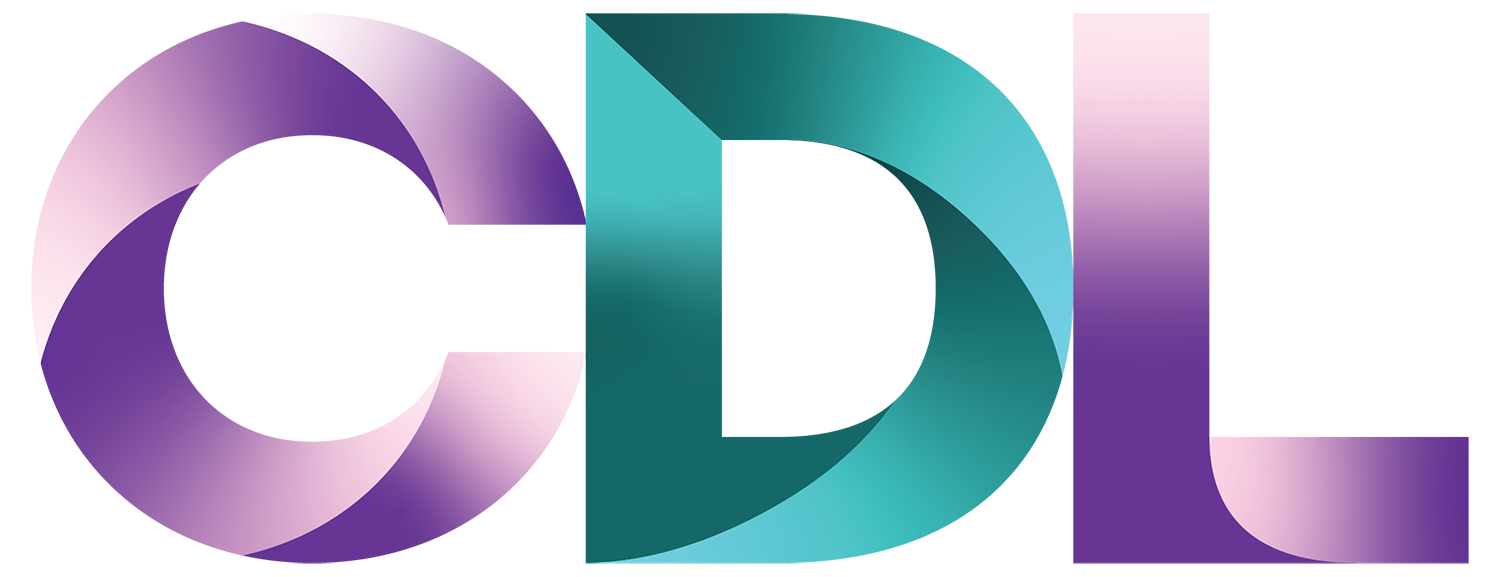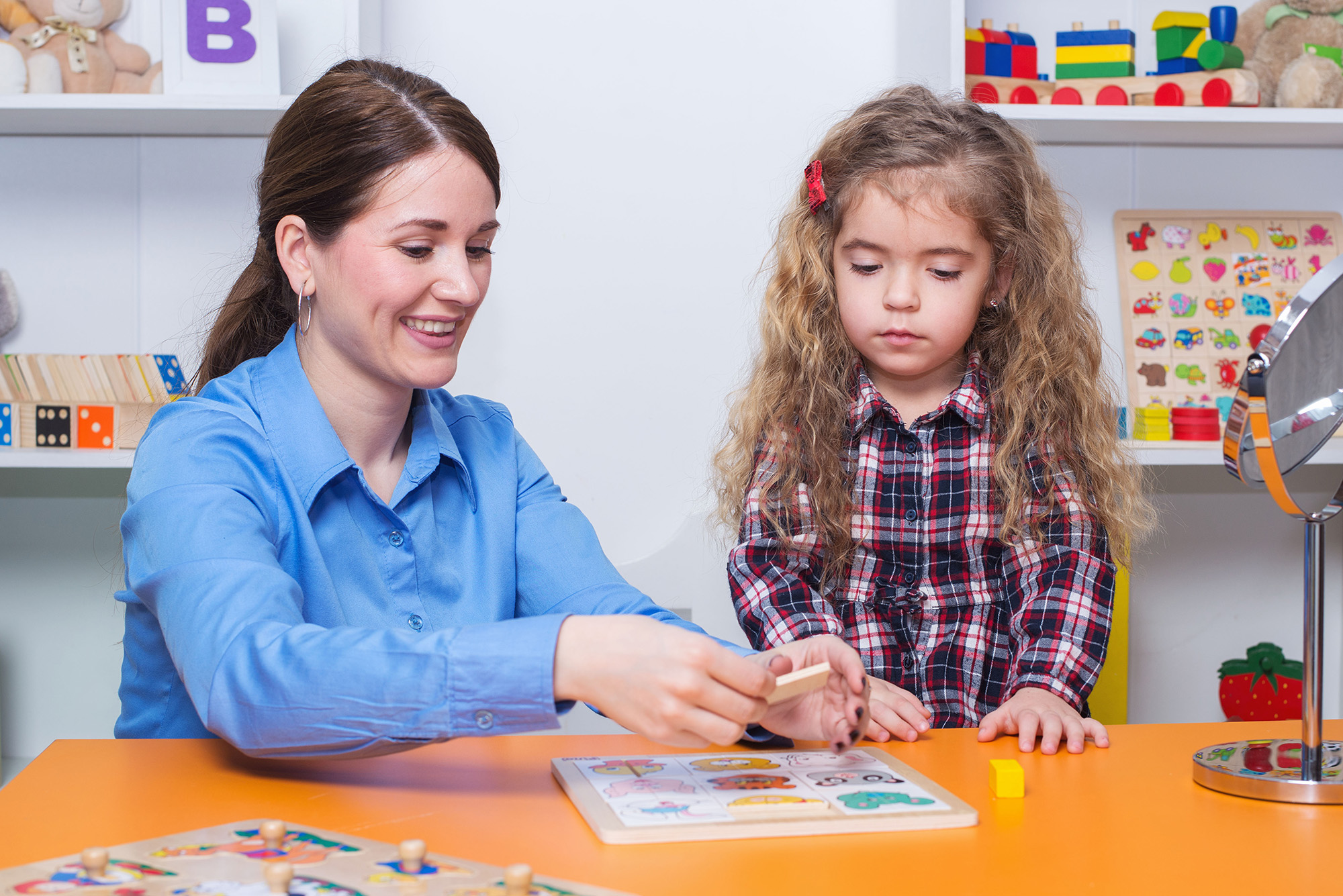For Students
Think you might have an LD or ADHD?
Check out some of our fact sheets on learning disabilities and other common/related disorders:

Fast Facts on Dyslexia, Dysgraphia, and Dyscalculia

Fast Facts on ADHD and Executive Functioning
Self-Advocacy Guide for Young Adults
“Everybody is a genius. But if you judge a fish by its ability to climb a tree, it will live its whole life believing that it is stupid.”
Albert Einstein
What is self-advocacy?
Proactively asking for support when you need it, including mental health support as well as accommodations for work or school to allow you to succeed with you ADHD, LD, or any disability you may have.
We believe there are 4 crucial components to self-advocating:
1
Know your strengths and weaknesses
Ask yourself:
- 5What is hard for me?
- 5What areas do I excel in?
- 5Do I have a physical disability?
- 5Do I have ADHD or a learning disability?
- 5Do I struggle with your mental health?
- 5Do I have any other conditions?
2
Know what you need to succeed
Think about your personal learning or working style. Do you benefit from:
- 5Academic or work accommodations?
- 5Living accommodations in post-secondary?
- 5Living accommodations in post-secondary?
- 5Quiet study spaces or noise-cancelling headphones?
- 5Trusted relationships with your coworkers, boss, or teacher?
- 5Assistive technology to help you read and write?
- 5Someone to take notes for you?
- 5An accountability partner to help motivate you or assist with executive functioning?
There are many accommodations and supports available for people with LD’s and ADHD. Talk to your parents, teachers, employer, SERT, psychologist, doctor, or anyone who knows you well. Get to know yourself well to figure out what helps YOU the most.
3
Know who to ask for help
We recommend making a list of contacts you can reach out to for different purposes. This list might include:
- 5Your SERT (if in high school) or accessibility advisor (in post-secondary)
- 5Your guidance counsellor or academic advisor
- 5Your family doctor or psychiatrist office
- 5Your psychologist, therapist, social worker
- 5Your support workers
- 5Crisis lines, if you struggle with your mental wellness
- 5Any teacher, coach, or adult you trust, who could help you in a difficult situation
4
Know what you need to succeed
Talking to teachers, advisors, counsellors, or employers in advance makes life easier when you need help – because the supports will already be in place. Some schools require you to submit documentation of your disability before you start, in order to receive accommodations.
Remember: you do NOT have to disclose your disability to anybody. It is your personal information to share with whom you choose.
Disclosure in school and at work is required to receive accommodations, but this is a confidential process, which means they cannot share this information with anybody.
Helpful Links and Resources
Some information on mental health support for kids
Black Youth Helpline: 1-833-294-8650
COAST (16+): Neuro-inclusive crisis support; 1-877-825-9011
Distress Centre Halton: (All ages) Neuro-inclusive support; 905-849-4541 (Oakville), 905-681-1488 (Burlington), 905-877-1211 (Milton/Halton Hills)
Indigenous Hope for Wellness Helpline (12+): 1-855-242-3310
Kids Help Phone (Up to age 24) Neuro-inclusive support; 1-800-668-6868 text 686868
LGBT+ Youth Line: 1-800-268-9688 (call) or 647-694-4275 (text); Online Live Chat 4:00-9:30pm
Multilingual Distress Line: 1-877-298-5444; (TTY) 905-278-4890
Languages served include: English, Cantonese, Mandarin, Portuguese, Spanish, Hindi, Punjabi and Urdu.
Naseeha Helpline (All ages): Muslim support line; 1-866-627-3342 (call) or 1-866-627-3342 (text)
ROCK: 24 hr crisis line; Neuro-inclusive support: 905-878-9785
Talk4Healing (All ages): Indigenous women’s support and resources; 1-855-554-4325
Trans Line: Trans peer support line; 1-877-565-8860
If you or someone you know is feeling suicidal, please call 911.
For further resources, please see the Where to Find Help in Halton Guide.





